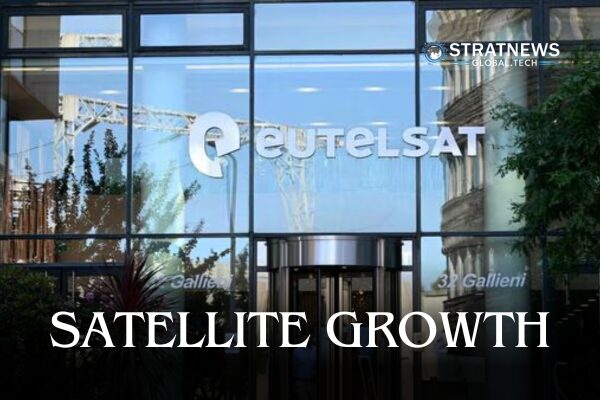Growing Interest from Governments and Corporates
French satellite operator Eutelsat reported stronger-than-expected annual earnings on Tuesday, driven by rising demand for its satellite internet services. Much of this growth came from government and corporate clients looking for alternatives to US-based providers like Elon Musk’s Starlink.
As European governments seek to reduce their reliance on American services, Eutelsat has emerged as a home-grown contender. This shift has placed the Paris-based group under the spotlight in recent months.
For the financial year ending 30 June, Eutelsat posted revenues of €1.23 billion from video, connectivity, and government services. This marked a 0.8% increase from the previous year and surpassed analyst expectations of €1.21 billion, based on a consensus poll provided by the company.
Strategic Focus Beyond Consumer Markets
CEO Jean-François Fallacher said the company will not directly compete with Starlink or Amazon’s Kuiper in the consumer satellite market. Instead, Eutelsat aims to strengthen its position in niche areas such as in-flight connectivity, maritime services, and government contracts.
Revenue from Eutelsat’s low Earth orbit (LEO) satellites surged 84.1% to €187 million. This growth was largely fuelled by contracts supporting Ukraine and increased demand from governments outside the US, particularly Taiwan.
Germany has been funding Ukraine’s access to Eutelsat’s network for about a year, further contributing to this revenue spike.
The company forecasts its LEO satellite income will grow another 50% next year. Although this growth will help offset declines in its traditional video business, it is not expected to fully compensate yet. The legacy video segment continues to feel pressure from changing viewing habits and additional Russian sanctions.
Eutelsat: Transitioning from Legacy to LEO Networks
Despite revenue gains, Eutelsat recorded a €1.1 billion loss for the year, largely due to impairments linked to its geostationary (GEO) satellite assets. These 34 GEO satellites mainly serve the broadcasting and fixed satellite internet markets.
To adapt, Eutelsat is shifting its focus to its expanding LEO capabilities. Through its London-based subsidiary OneWeb, which it acquired in 2023, the company now manages a network of over 600 LEO satellites.
A broader shake-up is underway at the company. With a new CEO and chairman appointed, Eutelsat has received a fresh capital injection of €1.5 billion. The funding round was led by the French government, alongside the UK and other major shareholders.
Shares of Eutelsat rose by 1.2% at 07:47 GMT on Tuesday. The stock has climbed 30% so far this year.
with inputs from Reuters


